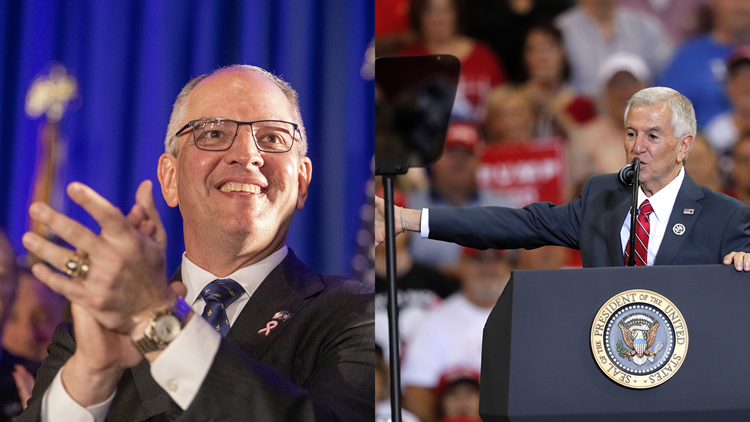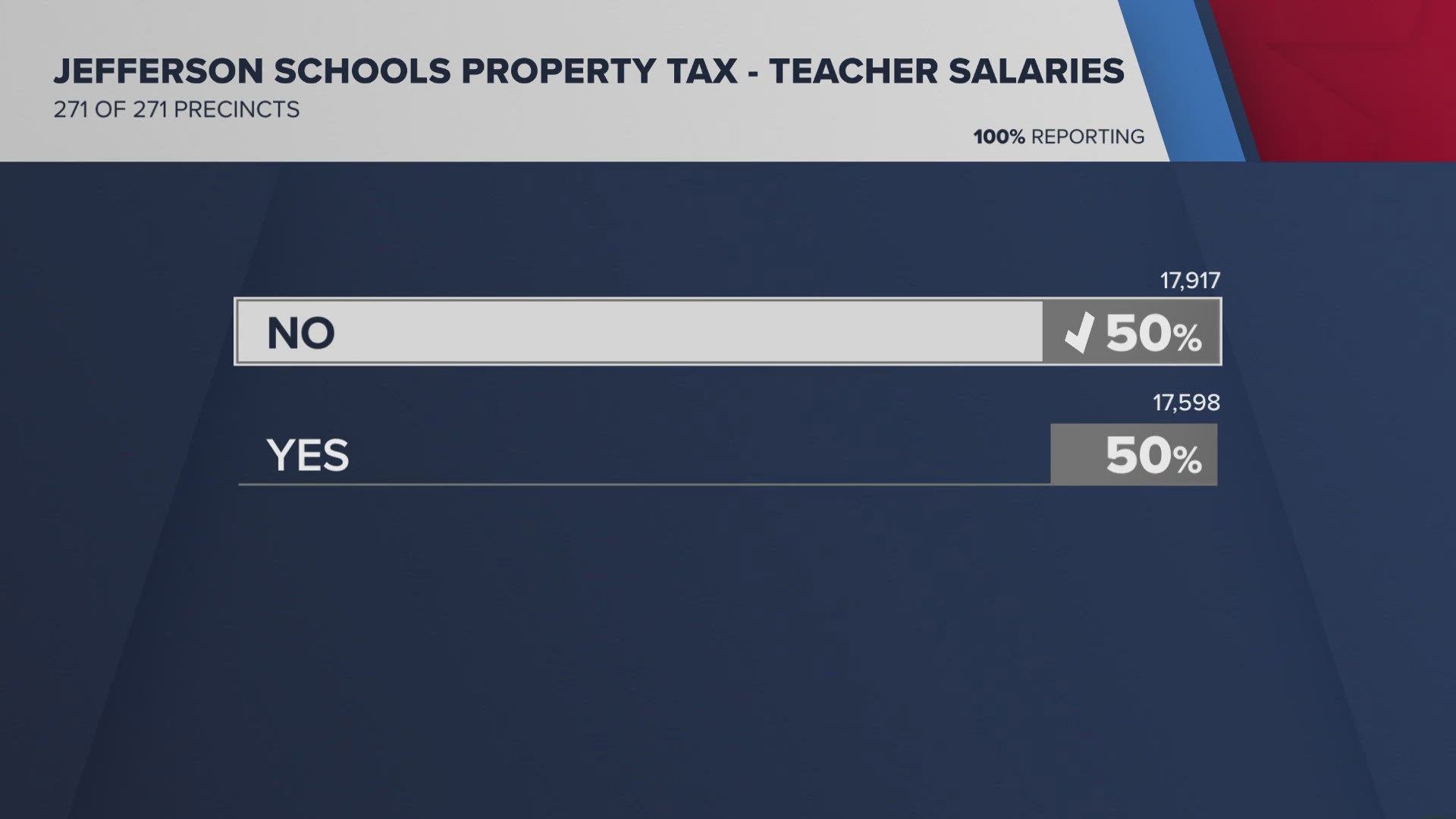BATON ROUGE, La. — To win a second term in his Southern state, Democratic Gov. John Bel Edwards needs strong turnout from Louisiana's black voters, who form the core of his party and who lagged in getting to the polls for the primary election.
Edwards and his supporters are laboring to reverse that trend ahead of the Nov. 16 runoff election against Republican businessman Eddie Rispone. The intensified outreach shows signs of generating more enthusiasm from African American voters, with early voting numbers showing a higher black turnout than in the primary.
"It's a whole new game," said Baton Rouge Rep. Ted James, a black Democratic state lawmaker and close ally of Edwards. "The sense of urgency is just totally different now."
The Deep South's only Democratic governor added another political consultant for the runoff election focused entirely on get-out-the-vote efforts among core supporters, particularly African Americans. Edwards has redoubled meetings with faith-based leaders and activists in the black community. And he's added a new line of messaging, suggesting that Rispone's proposals could threaten historically black colleges and universities with budget cuts or attempted mergers to other campuses.
"When it crystallizes into a stark choice, people kind of see things more clearly, and they can get motivated to vote," said Scott Arceneaux, the Florida-based consultant and Louisiana native working on Edwards' runoff ground game.
Edwards backers also think they're getting an inadvertent boost from President Donald Trump.
Rispone has hitched his candidacy to Trump, and the president is actively assisting the campaign, seeing a victory as a demonstration of the strength of his own political coattails. Trump's filmed an endorsement video for Rispone, rallied for votes in northeastern Louisiana on Wednesday and plans a visit to northwestern Louisiana two days before the election.
But while Trump may be galvanizing the GOP base, Edwards' supporters say they're seeing increased Democratic and minority voter enthusiasm, too, from the president's attention to the Louisiana governor's race.
Rispone's "only plan is, 'I'm just like Trump.' That resonates in his community, but it also resonates in the black community. We don't see Trump as a friend," James said. "The more and more Rispone compares himself to Trump, it's the motivating factor the black community needed to get out and support John Bel."
Edwards treads carefully about Trump, talking of his good working relationship with the White House and refusing to criticize the president. But many of his Democratic supporters don't follow the same approach.
Radio ads from the New Orleans-based Black Organization for Leadership Development, or BOLD, are targeting minority voters around Louisiana with anti-Trump messages, including one spot that linked Rispone and Trump to former Ku Klux Klan leader David Duke.
"Not voting and letting Rispone and Trump win with their politics of hate and bigotry will hurt you and your family for generations," one BOLD ad says.
Rispone and the state GOP accuse Edwards and his supporters of stoking racial tensions. Rispone has used the BOLD advertising in his own ads and speeches to suggest Edwards is anti-Trump, trying to peel off white voter support from the Democratic incumbent.
"They're calling you a racist as well, everyone that voted for Trump or me a racist. That's what they do when they're desperate, folks," Rispone told a Republican women's luncheon.
In the red state of Louisiana, Democratic candidates seeking statewide office generally have adhered to a 30/30 rule of how to win a race: They need about 30 percent of the voters who cast ballots to be black, and they need to gain support from about 30 percent of the white voters who turn out.
In his bid for a second term, Edwards locked up nearly all the ballots cast by black voters in the Oct. 12 primary election, and an estimated 31% of the white vote, according to pollster John Couvillon.
But that wasn't enough to avoid a runoff in Louisiana's jungle primary system where all candidates, regardless of party, run against each other and a contender can win the primary outright by topping 50% of the vote.
Edwards' inability to lodge that primary victory is due, at least in part, to the lackluster turnout from black voters, who Couvillon estimated represented less than 27% of the primary voters — even though they make up 31% of Louisiana's electorate.
"The 'missing ingredient' in the primary was lower black enthusiasm," Couvillon said in his analysis.
► Get breaking news from your neighborhood delivered directly to you by downloading the new FREE WWL-TV News app now in the IOS App Store or Google Play.



